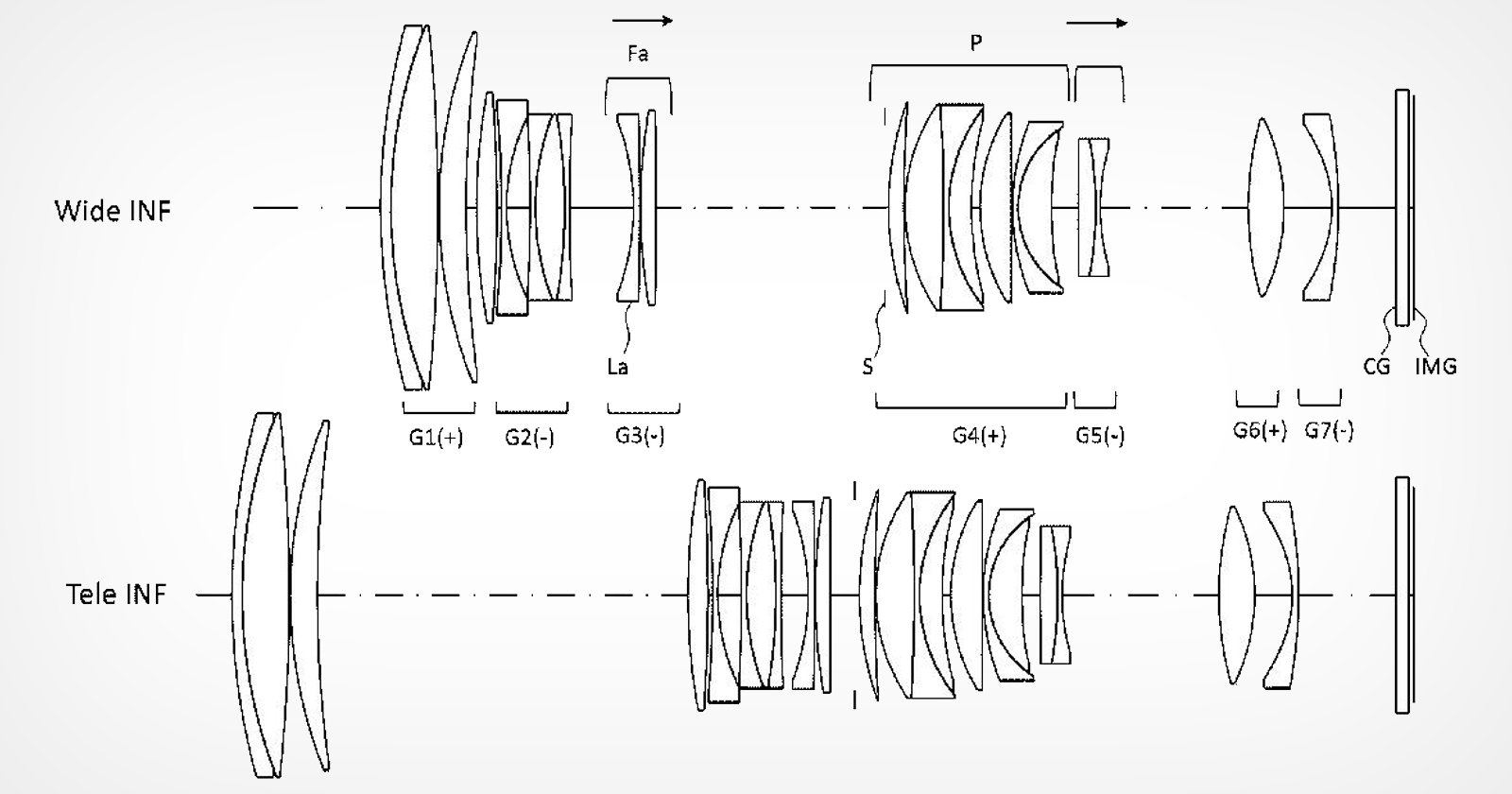

SpaceX chief Elon Musk has shared a video of an astonishingly beautiful Falcon 9 launch.
It shows the start of the NROL-186 mission, which took place last week and deployed next-generation spy satellites for the National Reconnaissance Office (NRO).
Unmodified video https://t.co/vrIwDt2O5r
— Elon Musk (@elonmusk) July 3, 2024
The two-stage Falcon 9 rocket lifted off from Space Launch Complex 4 East at Vandenberg Space Force Base in California at 8:14 p.m. PT on Saturday, June 29. The Falcon 9 can be seen rising above the clouds against a sublime orange backdrop, with Musk noting that the video is unmodified.
Last week’s NRO mission was the eighth flight for the first-stage Falcon 9 booster, which previously launched Crew-7, CRS-29, PACE, Transporter-10, EarthCARE, and two Starlink missions.
SpaceX used the social media post to provide an update on its spaceflight program, revealing that the Falcon achieved 67 missions in the first six months of of this year, delivering nearly 900 metric tons to orbit in that time.
During the same period last year, the Falcon performed 43 launches, suggesting that SpaceX is on course to set a new launch record this year by beating its current calendar-year tally of just shy of 100 launches, achieved in 2023.
SpaceX, which was founded in 2002, has painstakingly developed a system that enables it to reuse its first-stage boosters for multiple missions, paving the way for significantly lower launch costs and making orbital missions much more affordable for businesses and organizations. The system involves landing the first stage upright back on land or on a barge in the ocean shortly after its deployed the upper stage to orbit. The booster is then checked over, refurbished, and launched again. Several of SpaceX’s Falcon first stages have now flown on more than 20 missions.
And with its ambitions set well-beyond low-Earth orbit, the Musk-led company is currently testing its next-generation rocket, the mighty Starship, which is 10 times more powerful than the Falcon 9 and the most powerful rocket ever to fly. Once fully tested and licensed, the Starship is expected to carry crew and cargo to the moon, and possibly Mars, too.





